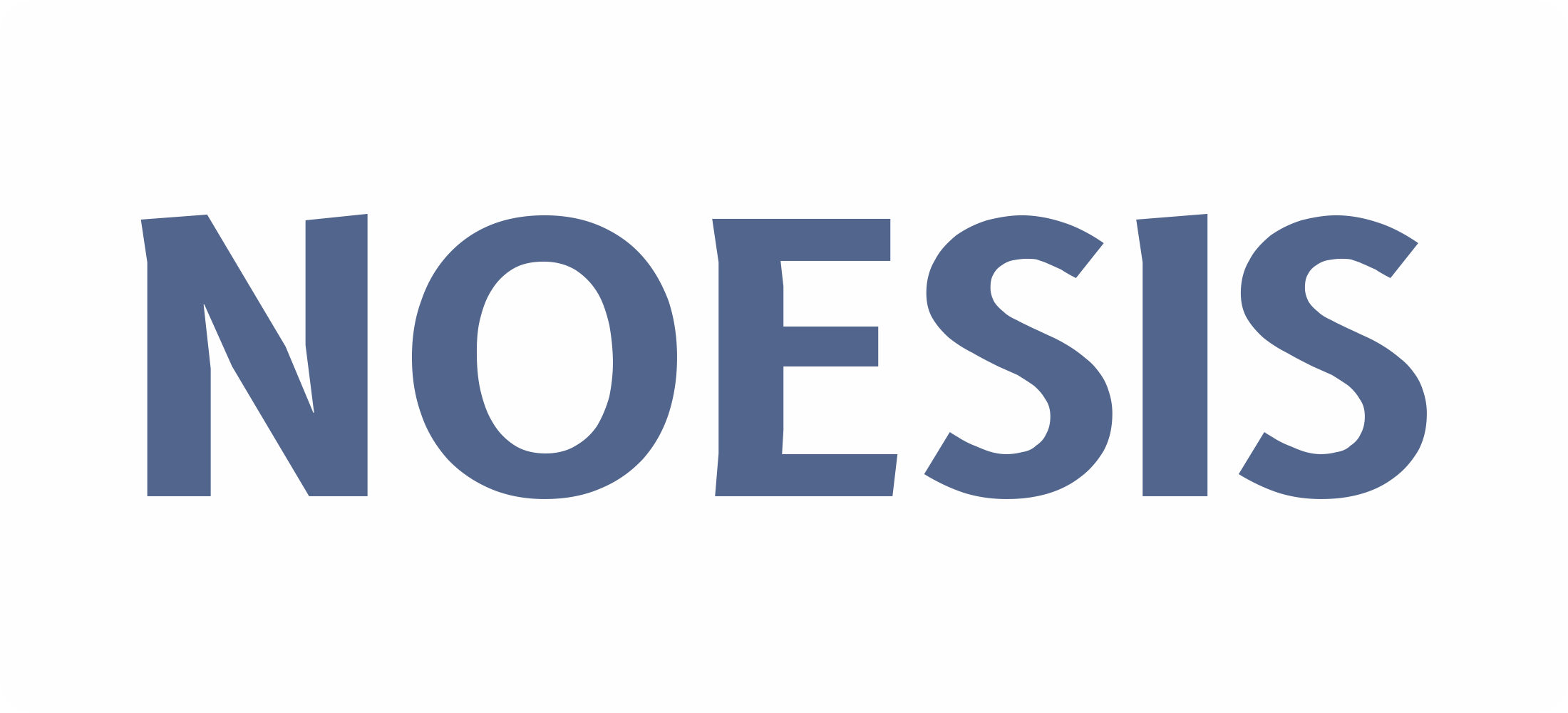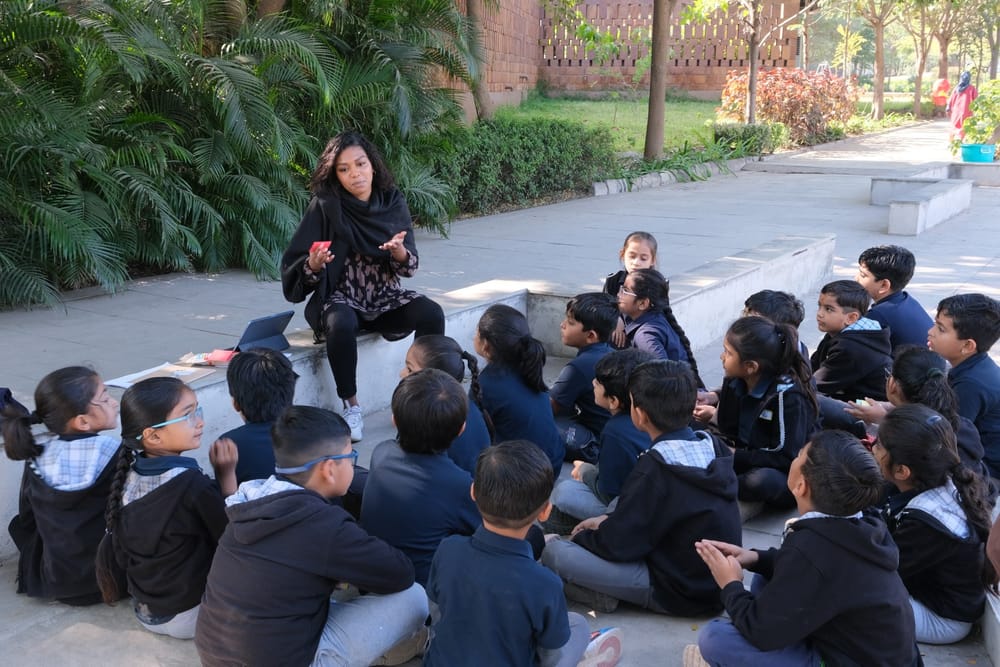Revamping K12 Education Methodology
This article originally appeared in Financial Express on October 8, 2023
It would be unnecessary to overstate the prevalence of mental health challenges faced by teenagers and adolescents in the present world. It would suffice to reflect on one's self and surroundings to see the prevalence of mental health disorders in our society. WHO states that one in seven 10 to 19-year-olds experiences a mental disorder, which remain largely unrecognized and untreated. Mental health conditions have cascading effects such as physical ailments, educational difficulties, social exclusion, and discrimination.
It is common to attribute mental health challenges of the said age group primarily to schools, though I think it would be incorrect to rest total blame on it.
To be able to counter the mental health challenges faced by children and adults, we must attempt to reflect on the causes (some of which are not very obvious and not often studied).
My main issues are as follows:
1. Seeing schools, and childhood itself, as instruments for economic progress
2. Unrecognised fallout of social media's attention engineering
3. Quantophrenic approach towards educational aims
4. Disconnect from the natural world
It is a matter of common discourse to think of schools as institutions for economic progress. Schools, educational policy, and curricula aim foremost at producing citizens who are productive for the society. I think this is an impoverished view. This view perpetuates a system which has sweeping repercussions from extreme competition for elite universities, to myopic curricular experience in test-prep companies and in schools, to frequent breakdowns due to unbearable societal and peer pressure. It robs students and educators of the very essence of the schooling experience. If we seek to create a world where children are truly happy, we must abandon the social engineering goal of educational institutions.
The "techne" of media, social media in particular, has resulted in a fundamental shift in how a person interacts with the world. Instead of self-limiting structure of technology, we now have an endless canvas of content. We see students unable to have attention on a task (academic or otherwise) even for a few minutes. The constant urge to distract one's self when faced with boredom or difficulty is a real challenge. Constant desire of the unreal and the rejection of lived reality lead to mental health challenges. Unless adults and kids realise the addictive behavioural patterns surrounding media consumption, we will not be able to address it.
At all levels of the educational enterprise, from individuals, to schools and universities, to local administration and national policy, we see a clear bent of approach towards quantitative measures like pass ratios, percentages, ranks, job packages and outcome mappings. There seems to be an underlying mechanisation of an inherently fluid process (i.e. learning). The quantophrenic idea of mapping in-class learning experiences to educational outcomes is in itself a prime example of "machine" thinking. When we do this, we reduce the life-world of a child to a data point, an input. The relationship between adults and children is the first and most important subject of pedagogy, policy and practice. We must focus on the phenomenology of class dynamics if we want to truly support our children and teachers, both educationally and psycho-socially.
Schools, universities and nearly all places of work have total and intentional disconnect with the natural world. The constant noise of the city is only countered by complete isolation of weather sealed indoor spaces. The rhythm of the natural world is absent in modern life. Spaces for play and leisure are absent. Perhaps, we need to remember where the word "school" comes from. School comes from Latin “schola” which meant “meeting place for teachers and students”. One can now see a change in the character of the word. It builds a new image. A meeting place for teachers and students. I find it a gentler conception. A place that can be kind and accommodative. Going further back in time, the Greek origin “skholē/scholē” meant free time, rest, delay, discussion, and ease. Perhaps, our children will be happier and healthier if only the adults accepted the swing between the indeterminate and the intentional, and if we worked to make the experience of the rhythm of school, and perhaps the rhythm of life, more in tune with natural harmony.




